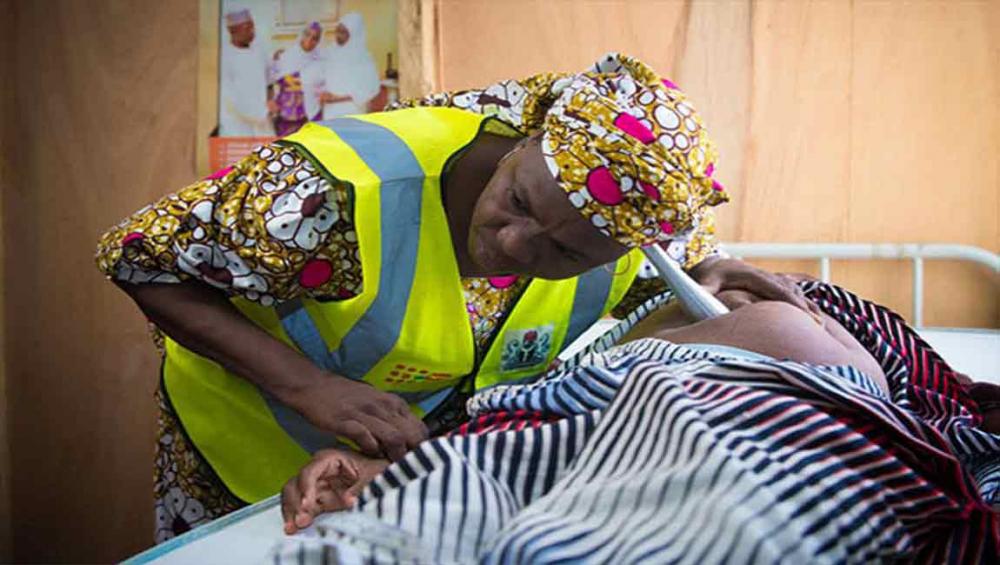Just Earth News | @justearthnews | 30 Aug 2017

UNFPA Nigeria
“I have been working in the field of maternal health in this country for more than 35 years,” Hauwa Lassa, a retired nurse and midwife told the UN Population Fund (UNFPA) in Maiduguri, where she works at a health facility in one of the displacement camps. “It is now with this crisis going on that the women need support. So I decided to come back to the health centre and help.”
Lassa was one of 300 women trained by UNFPA in a so-called Minimum Initial Service Package, which includes how to coordinate with humanitarian staff, provide clinical care for survivors of sexual violence, prevent HIV through condom distribution, and helping get access to emergency obstetric care.
“This, together with equipping the health facilities and hospitals with supplies for safe deliveries, access to family planning, and equipment to respond to sexual and gender-based violence is one of the cornerstones of UNFPA's work here,” said Ada Pouye, UNFPA's humanitarian coordinator in Nigeria.
The violence in north-eastern Nigeria destroyed more than 40 per cent of health facilities, and forced doctors and nurses to flee.
The UN agency said it is trying to provide urgently needed care in a country where one woman died of pregnancy-related causes every nine minutes, and where some 276,000 women are likely to become pregnant this year.
In addition to helping safely deliver babies and teach about family planning, UNFPA is also working with women and girls to immunize newborns.
“We have a special way of making women come back for the second immunization shot for their baby after 40 days,” said Mdapilawa Yatzubu, who also participated in the UNFPA training, and then returned to a health centre in the town of Biu.
“We give them a small gift, mostly soap. They all come back to collect the soap and have their health checked and the baby immunized with the second dose. This is how we follow up on them.”